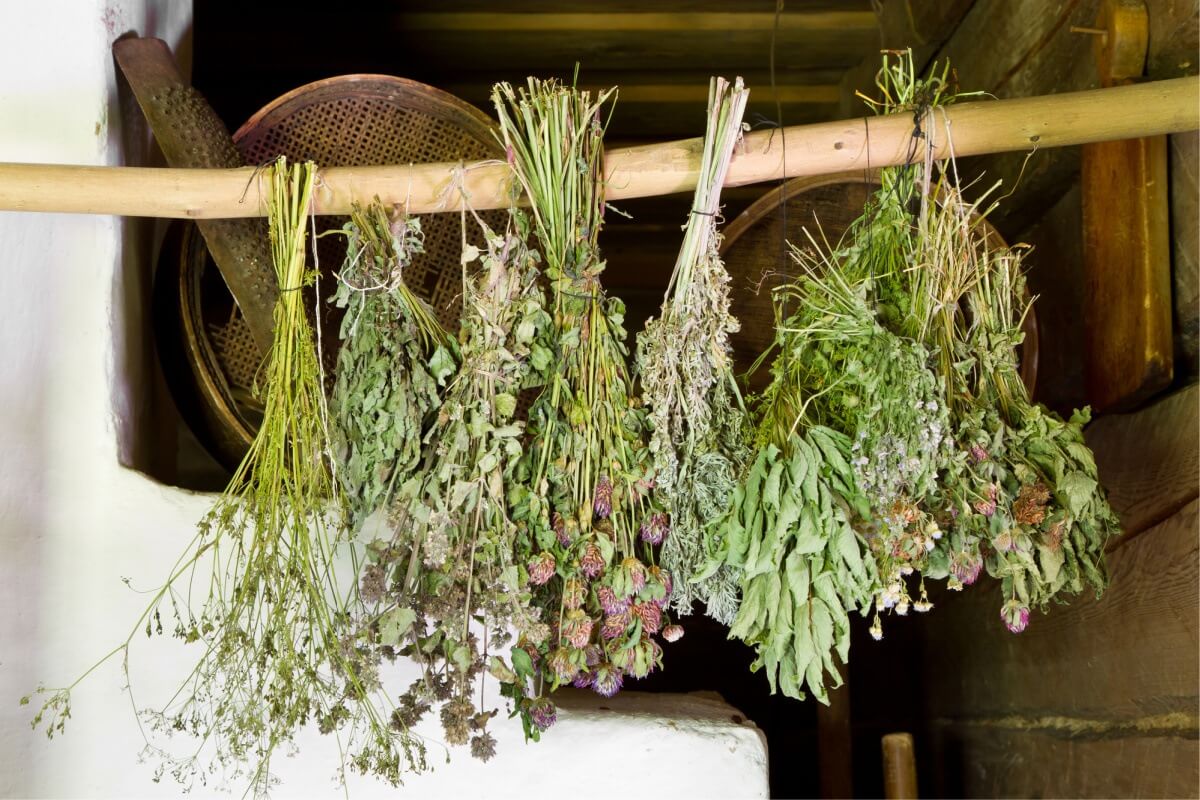Many of us have a variety of herbs sitting in our kitchen cabinets, primarily used to add flavour to our favourite dishes. However, these common culinary herbs often have a secret superpower – they can act as natural remedies for various ailments.
Rosemary – Memory enhancer
Rosemary needle-like leaves add a distinctive flavour to roasted meats and vegetables. But beyond its culinary uses, rosemary has been associated with improved memory and concentration. To harness rosemary’s cognitive benefits, try steeping a sprig in hot water to make a soothing tea or inhale its aroma while cooking.
Thyme – Cough suppressant
Thyme is a herb with tiny leaves that packs a punch in flavour and medicinal properties. The herb contains compounds with expectorant and bronchodilator properties, effectively soothing coughs and easing breathing difficulties. To make thyme tea, steep a teaspoon of dried thyme in hot water for about 10 minutes, then strain and enjoy. You can add a bit of honey for extra soothing power.
Sage – Menopausal ally
Sage is a robust, earthy flavour herb often used in poultry dishes and stuffing. Beyond its culinary applications, sage has traditionally alleviated menopausal symptoms. It’s believed that compounds in sage have effects similar to estrogen, which may explain its potential benefits. To use sage medicinally, you can make tea by steeping dried sage leaves in hot water.
Peppermint – Digestive soother
Peppermint is a refreshing herb commonly used in teas, desserts, and various products as a flavour. It’s also renowned for its potential to ease digestive discomfort. The menthol in peppermint relaxes the digestive tract muscles, which may help alleviate gas and cramping. To harness peppermint’s digestive benefits, try sipping on peppermint tea after meals or when you’re experiencing stomach discomfort.
Ginger – Nausea fighter
While not strictly a herb, ginger is a shared kitchen ingredient that deserves mention for its powerful medicinal properties. Whether it’s morning sickness, motion sickness, or nausea from chemotherapy, ginger has shown promise in providing relief. To use ginger medicinally, you can make a tea by steeping fresh ginger slices in hot water, or you can navigate here to find ginger supplements if you prefer a more convenient option.
Oregano – Immune booster
Oregano is a staple in Italian and Greek cuisine, adding a robust flavour to pizza, pasta sauces, and salads. While oregano oil supplements are available, you can also benefit from regularly adding fresh or dried oregano to your meals.
Turmeric – Anti-inflammatory powerhouse
While technically a spice rather than an herb, turmeric is a common kitchen ingredient that deserves mention for its potent medicinal properties. You can also make a warming turmeric latte by mixing turmeric powder with milk and a sweetener.
Basil – Stress reducer
Basil is a fragrant herb commonly used in Italian and Thai cuisines. Beyond its culinary uses, basil has been traditionally used to reduce stress and anxiety. Some studies suggest that compounds in basil may have adaptogenic properties, helping the body cope with stress.
To use basil medicinally, you can make a calming tea by steeping fresh basil leaves in hot water. You can enjoy it regularly when cooking to reap its stress-reducing benefits. While these kitchen herbs can offer potential health benefits, it’s important to remember that they should not replace professional medical advice or prescribed treatments. Always consult with a healthcare provider before using herbs medicinally, especially if you have existing health conditions or are taking medications. Whether you cook with them, brew them into teas, or consider supplements, these versatile herbs offer a natural approach to supporting your well-being.

